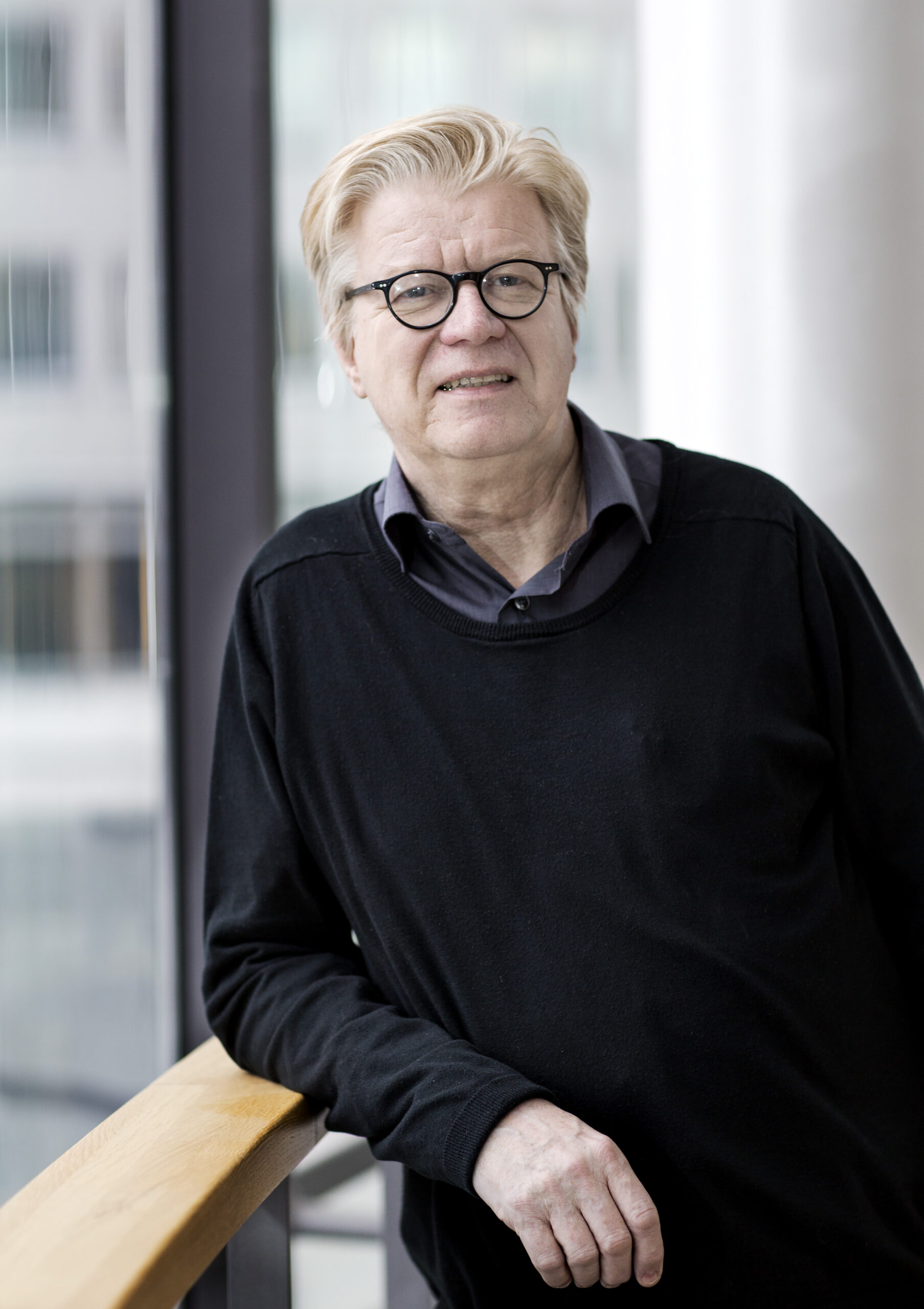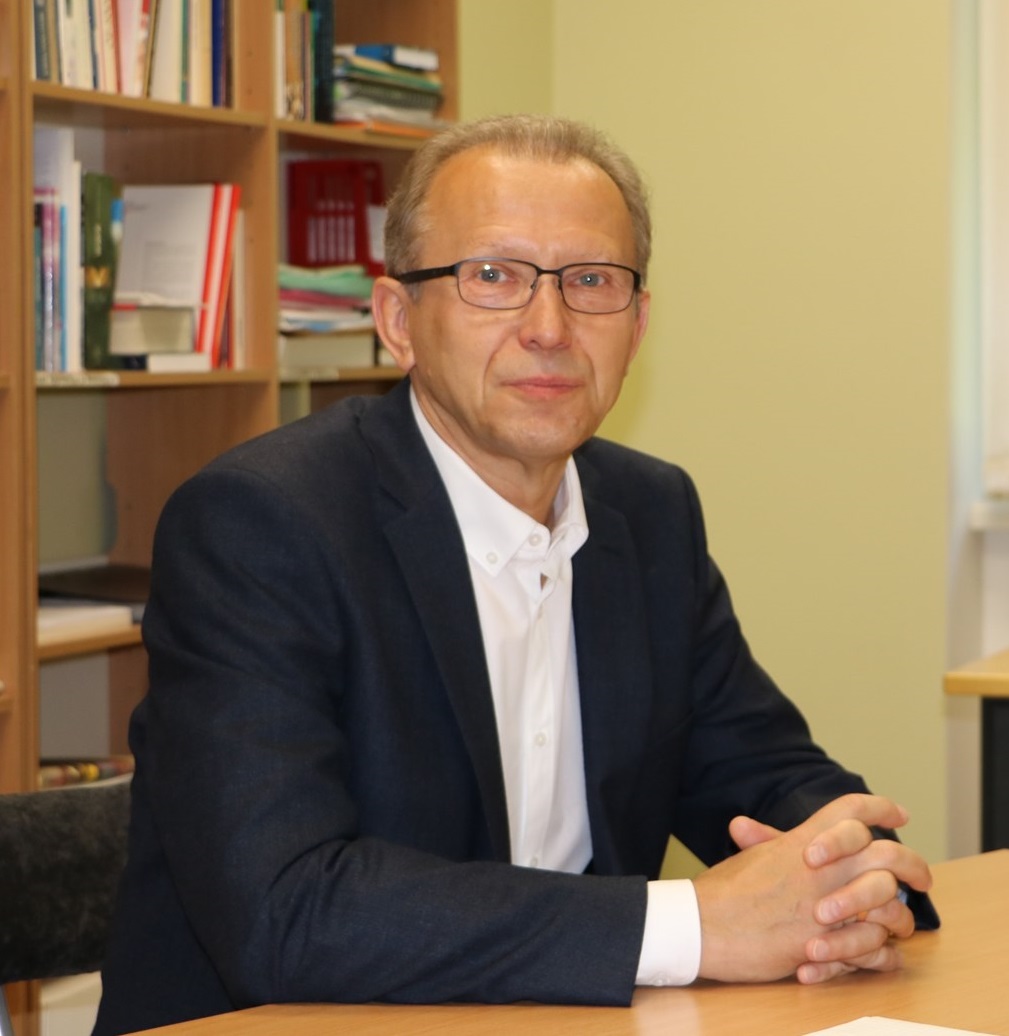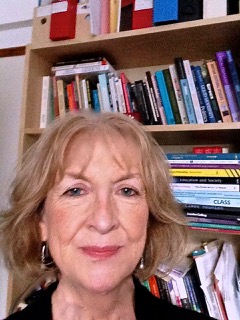EARLI SIG 10, 21 and 25
Keynote speakers
 Roger Säljö, Ph. D., Dr. h. c., specializes in research on learning, interaction and human development in a sociocultural perspective, where he has published extensively. Much of this work is related to issues of how people learn to use cultural tools and how we acquire competences and skills that are foundational to learning in a socially and technologically complex society. Roger Säljö has been engaged in interdisciplinary work with colleagues from a range of different disciplines including medicine and health, various natural sciences, linguistics, informatics and several others. Since 2006 he is Director of the Linnaeus Centre for Research on Learning, Interaction and Mediated Communication in Contemporary Society (LinCS), a national centre of excellence funded by the Swedish Research Council (2006-2017). He has been a Finland Distinguished Professor (FiDiPro) at the Centre for Learning Research at the University of Turku in Finland, where he is an honorary doctor, and he is an honorary professor at the University of Bath, UK. Previously he has been visiting professor at a number of universities, including Universität Konstanz, University of California San Diego, Rijksuniversiteit Utrecht, University of Oslo, Georg-August-Universität Göttingen, University of Agder, University of Stavanger. Roger Säljö is a member of editorial boards of a large number of scientific journals and a founding co-editor of Learning and Instruction and Learning, Culture and Social Interaction. To date, he has supervised 47 students to their Ph. D. degrees.
Roger Säljö, Ph. D., Dr. h. c., specializes in research on learning, interaction and human development in a sociocultural perspective, where he has published extensively. Much of this work is related to issues of how people learn to use cultural tools and how we acquire competences and skills that are foundational to learning in a socially and technologically complex society. Roger Säljö has been engaged in interdisciplinary work with colleagues from a range of different disciplines including medicine and health, various natural sciences, linguistics, informatics and several others. Since 2006 he is Director of the Linnaeus Centre for Research on Learning, Interaction and Mediated Communication in Contemporary Society (LinCS), a national centre of excellence funded by the Swedish Research Council (2006-2017). He has been a Finland Distinguished Professor (FiDiPro) at the Centre for Learning Research at the University of Turku in Finland, where he is an honorary doctor, and he is an honorary professor at the University of Bath, UK. Previously he has been visiting professor at a number of universities, including Universität Konstanz, University of California San Diego, Rijksuniversiteit Utrecht, University of Oslo, Georg-August-Universität Göttingen, University of Agder, University of Stavanger. Roger Säljö is a member of editorial boards of a large number of scientific journals and a founding co-editor of Learning and Instruction and Learning, Culture and Social Interaction. To date, he has supervised 47 students to their Ph. D. degrees.
Title of the keynote lecture: Symbolic technologies, hybrid minds and communities as sources of learning
See the keynote abstract here.
 Peeter Torop, PhD, professor of cultural semiotics at the Department of Semiotics, head of the Institute of Philosophy and Semiotics of the Faculty of Humanities and Arts (University of Tartu). Co-editor of „Sign Systems Studies“, „Tartu Semiotics Library“ and „New Perspectives in Reading 19th Century Russian Literature“. Academic activity: semiotics of translation and methodology of translation studies, intersemiosis and intersemiotical processes in culture, transmedia studies, semiotics of Tartu-Moscow School, semiospherical understanding of culture and methodology of semiotics of culture, theory of culture, history of Russian literature and Dostoevsky studies. Some publications: Torop, P. Cultural Semiotics. Sharifian, Farzad (Toim.). The Routledge Handbook of Language and Culture. London, New York: Routledge Taylor & Francis Ltd, 2015, 170-180; Ojamaa, M.; Torop, P. Transmediality of cultural autocommunication. International Journal of Cultural Studies, 2015, 18(1), 61 – 78; Ibrus, I.; Torop, P. Remembering and reinventing Juri Lotman for the digital age. International Journal of Cultural Studies, 2015, 18 (1), 3 – 9; Torop, P. Semiotics and the Possibilities of Cultural Analysis: Experience of Tartu- Moscow School. Chinese Semiotic Studies, 2014, 10(1), 109 – 117; Kroó, K, Torop, P.(eds.) Text witin Text – Culture within Culture. Russian Literature (19th century) in Contexts of Cultural Dynamics. New Perspectives in Reading 19th Century Russian Literature. Budapest, Tartu: L´Harmattan, 2014; Parent, R.; Torop, P. La sémiotique postmoderne dans la pédagogie et la recherche interculturelles. – International Journal of Canadian Studies/Revue internationale d’études canadiennes, 2012, 45-46: 353 – 379; Torop, P. Tõlge ja kultuur (=Translation and culture). Tartu: Tartu UP, 2011.
Peeter Torop, PhD, professor of cultural semiotics at the Department of Semiotics, head of the Institute of Philosophy and Semiotics of the Faculty of Humanities and Arts (University of Tartu). Co-editor of „Sign Systems Studies“, „Tartu Semiotics Library“ and „New Perspectives in Reading 19th Century Russian Literature“. Academic activity: semiotics of translation and methodology of translation studies, intersemiosis and intersemiotical processes in culture, transmedia studies, semiotics of Tartu-Moscow School, semiospherical understanding of culture and methodology of semiotics of culture, theory of culture, history of Russian literature and Dostoevsky studies. Some publications: Torop, P. Cultural Semiotics. Sharifian, Farzad (Toim.). The Routledge Handbook of Language and Culture. London, New York: Routledge Taylor & Francis Ltd, 2015, 170-180; Ojamaa, M.; Torop, P. Transmediality of cultural autocommunication. International Journal of Cultural Studies, 2015, 18(1), 61 – 78; Ibrus, I.; Torop, P. Remembering and reinventing Juri Lotman for the digital age. International Journal of Cultural Studies, 2015, 18 (1), 3 – 9; Torop, P. Semiotics and the Possibilities of Cultural Analysis: Experience of Tartu- Moscow School. Chinese Semiotic Studies, 2014, 10(1), 109 – 117; Kroó, K, Torop, P.(eds.) Text witin Text – Culture within Culture. Russian Literature (19th century) in Contexts of Cultural Dynamics. New Perspectives in Reading 19th Century Russian Literature. Budapest, Tartu: L´Harmattan, 2014; Parent, R.; Torop, P. La sémiotique postmoderne dans la pédagogie et la recherche interculturelles. – International Journal of Canadian Studies/Revue internationale d’études canadiennes, 2012, 45-46: 353 – 379; Torop, P. Tõlge ja kultuur (=Translation and culture). Tartu: Tartu UP, 2011.
Title of the keynote lecture: Reflective Minds and Cultural Autocommunication
See the keynote abstract here.
.
 Gill Crozier, PhD, is Professor of Education, and former Director of the Centre for Educational Research in Equalities, Policy and Pedagogy (2012-2015) in the School of Education, University of Roehampton, London, UK and Fellow of the Royal Society of Arts. She is a sociologist of education. Her work is underpinned by a deep concern for equalities and social justice and is informed by the analysis of race, class and gender and the ways these social locations and identities intersect and impact on life chances. She has researched and written extensively about these issues in relation to: parents/families and school relationships, issues relating to young people, access to and participation in higher education, and the socio-cultural influences upon identity formation and learner experiences. Her books include: Parents and Schools: Partners or Protagonists? (2000); Activating Participation: parents and teachers working towards partnership (2005) co-edited with Diane Reay ; Widening Participation Through Improving Learning (2009) co-authored with M. David (ed.) and contributors; White Middle Class Identities and Urban Schooling (2011 and 2013 second revised edition) co-authored with D. Reay and D. James
Gill Crozier, PhD, is Professor of Education, and former Director of the Centre for Educational Research in Equalities, Policy and Pedagogy (2012-2015) in the School of Education, University of Roehampton, London, UK and Fellow of the Royal Society of Arts. She is a sociologist of education. Her work is underpinned by a deep concern for equalities and social justice and is informed by the analysis of race, class and gender and the ways these social locations and identities intersect and impact on life chances. She has researched and written extensively about these issues in relation to: parents/families and school relationships, issues relating to young people, access to and participation in higher education, and the socio-cultural influences upon identity formation and learner experiences. Her books include: Parents and Schools: Partners or Protagonists? (2000); Activating Participation: parents and teachers working towards partnership (2005) co-edited with Diane Reay ; Widening Participation Through Improving Learning (2009) co-authored with M. David (ed.) and contributors; White Middle Class Identities and Urban Schooling (2011 and 2013 second revised edition) co-authored with D. Reay and D. James
Title of the keynote lecture: ‘Race’ Matters: Addressing racialised inequalities in education in a context of ’super-diversity’
See the keynote abstract here.


